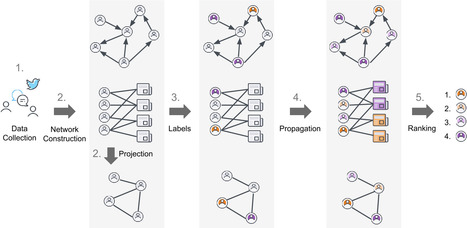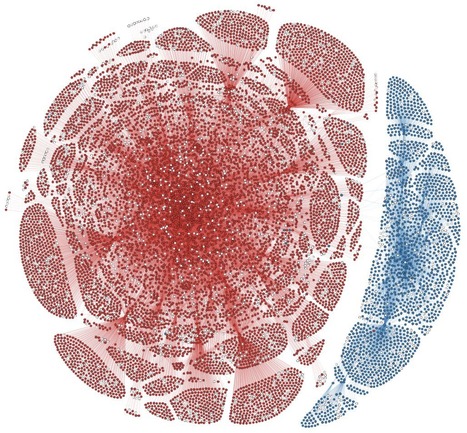Bao Tran Truong, Oliver Melbourne Allen & Filippo Menczer
EPJ Data Science volume 13, Article number: 10 (2024)
The spread of misinformation poses a threat to the social media ecosystem. Effective countermeasures to mitigate this threat require that social media platforms be able to accurately detect low-credibility accounts even before the content they share can be classified as misinformation. Here we present methods to infer account credibility from information diffusion patterns, in particular leveraging two networks: the reshare network, capturing an account’s trust in other accounts, and the bipartite account-source network, capturing an account’s trust in media sources. We extend network centrality measures and graph embedding techniques, systematically comparing these algorithms on data from diverse contexts and social media platforms. We demonstrate that both kinds of trust networks provide useful signals for estimating account credibility. Some of the proposed methods yield high accuracy, providing promising solutions to promote the dissemination of reliable information in online communities. Two kinds of homophily emerge from our results: accounts tend to have similar credibility if they reshare each other’s content or share content from similar sources. Our methodology invites further investigation into the relationship between accounts and news sources to better characterize misinformation spreaders.
Read the full article at: epjdatascience.springeropen.com



 Your new post is loading...
Your new post is loading...








